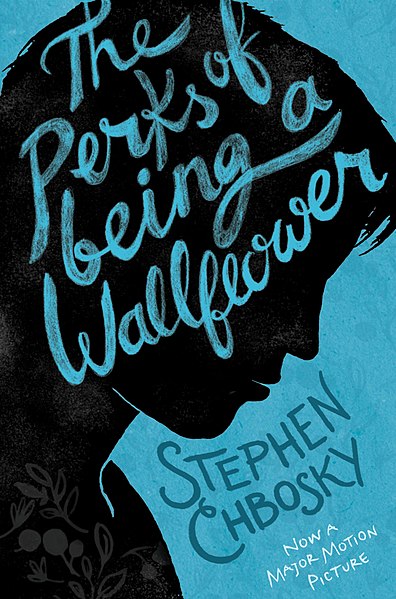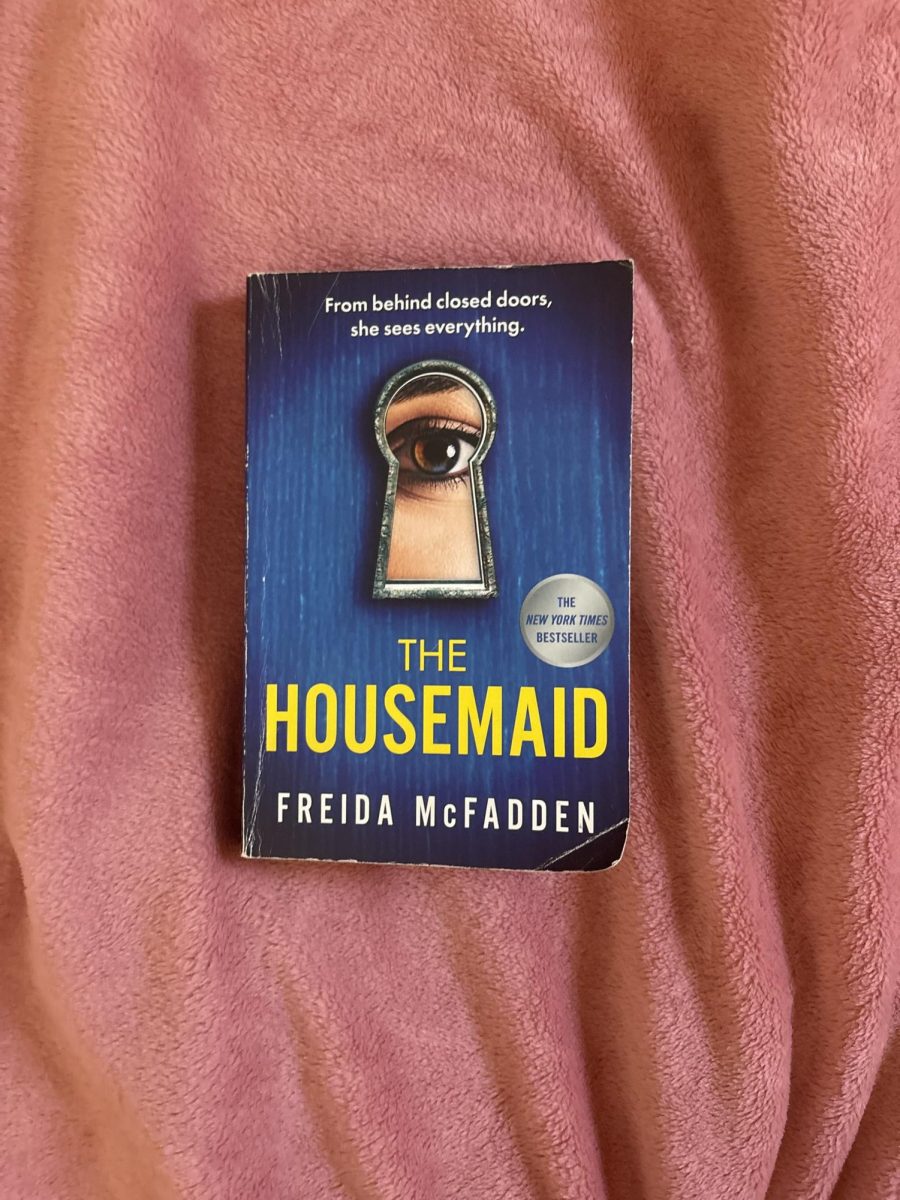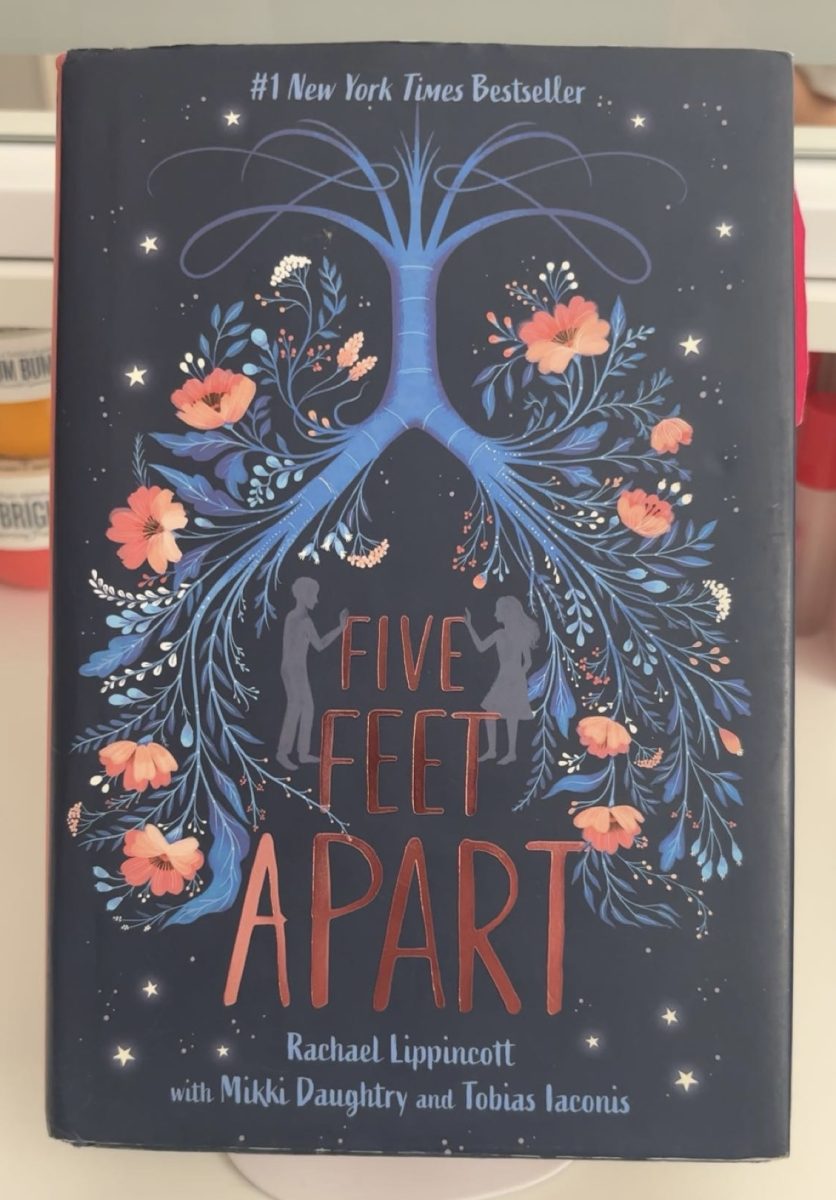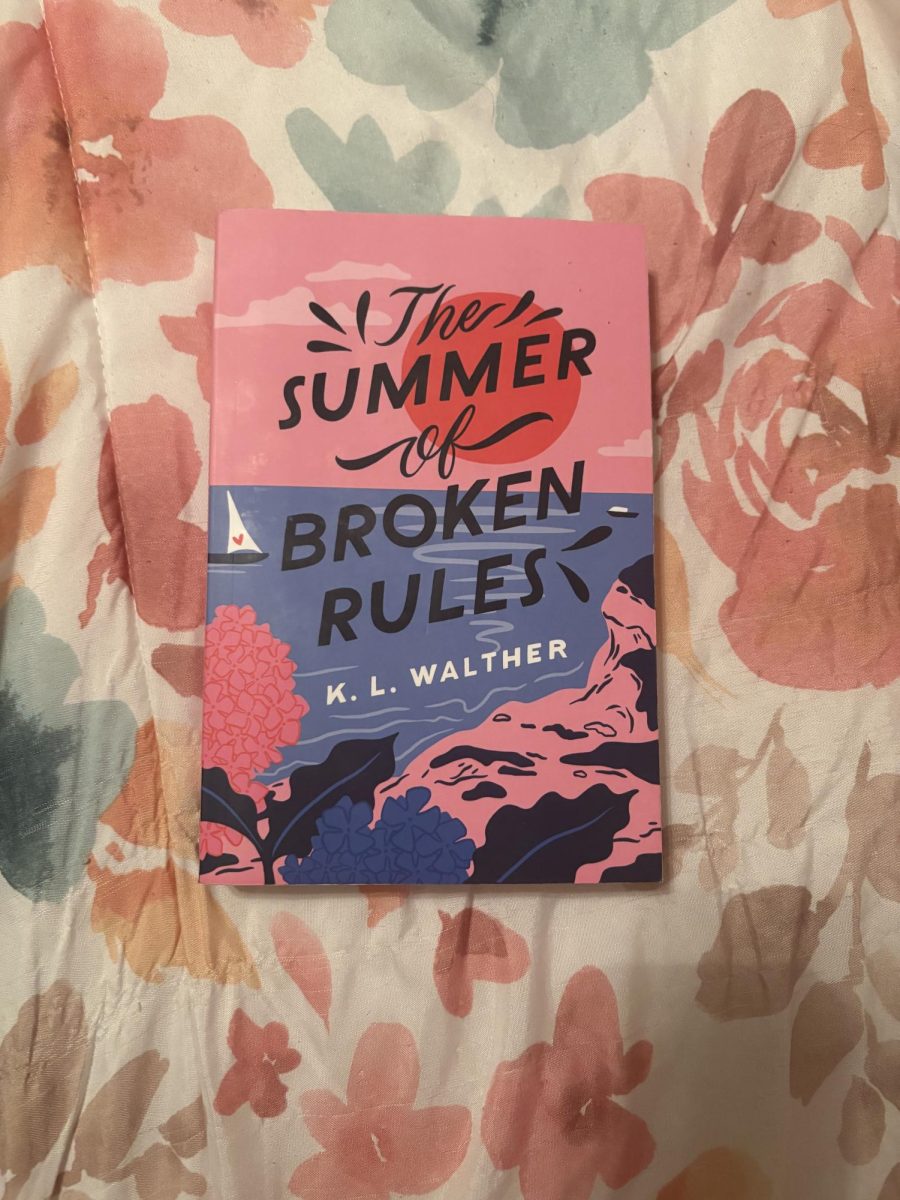Steven Chbosky’s The Perks of Being a Wallflower is a coming of age story for audiences of many ages.
Plot overview
Fifteen-year-old Charlie is an introvert. He observes everything going on around him as he enters his freshman year of high school. The novel is written as a series of letters addressed to “friend.”
As the year progresses, Charlie makes new friends with step-siblings Patrick and Sam. The two offer him a new perspective on high school and society. In addition to this, his English teacher Bill plays an important role in shaping Charlie emotionally. During the novel, Charlie continues to struggle with the death of somebody close to him.
Serious issues
The book was originally published in 1990. Many of the issues mentioned in the story are still important topics 30 years later. Perks includes an array of personal and social issues ranging from substance abuse to sexual assault. High school students today deal with many of the subjects at hand. The book opens the discussion on how to deal with such challenges today.
There is heavy use of drugs and sex in the novel. Parents with younger children should be aware of this when allowing them to read The Perks of Being a Wallflower. Teenagers may learn valuable lessons from the decisions that certain characters make.
Lack of development
Chbosky does a great job of bringing many issues to the table. However, he tried to tackle too much at once in such a short book. Suicide, sexual identity, rape, alcohol, drugs, and mental illness are all thrown into the plot. None of these things are properly dealt with. It seems like Chbosky wanted to include as many topics as possible.
One thing that could have helped the storyline is stronger character development. In other words, some of the characters seem like nothing more than imaginary people. Although they are imaginary, stronger development would allow the reader to relate more to Charlie and the others. Doing so would magnify their stories, lessons, and feelings.
A new perspective
Despite the few issues with the plot of Perks, there is still a reason to pick it up. Unlike the common narrator Charlie views the world in his own way. In a way, it is refreshing to see a different style of narration. For those willing to deal with the emotional toll that comes along with the novel, then it may be worth the read. However, for those who enjoy happy endings and easy reads, Perks may not be the right book.












